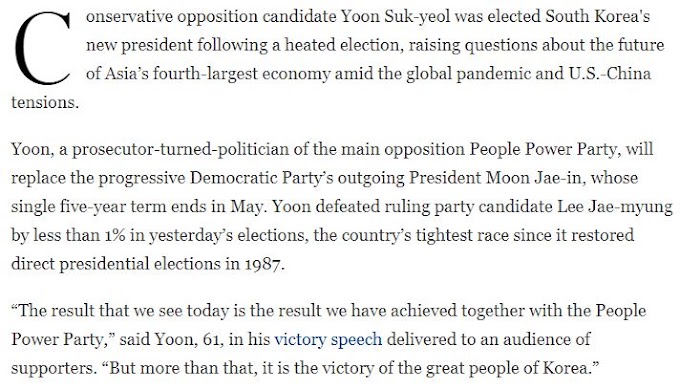Imagine that you got a job offer in the company of your dreams. You start negotiating a contract and everything looks great except for one detail - the future employer refuses to specify the currency in which your salary will be paid in. It could be the US dollar, the euro, or maybe the Japanese yen, and you are expected to jump in confidence and hope for a fair wage. It may sound silly, but this is exactly how the startup stock compensation market currently works.
A typical scenario is for employers to offer a number of stock options or Restricted Stock Units (RSUs) as part of the offer letter, but do not state the total number of company shares. Without this information, employees cannot know if their grants represent a 0.1% ownership interest, 0.01%, or any other percentage. Employees can request this information, but the employer is not required to provide it, and many startups do not.
But this is not the end of it. Because there are no proper disclosure requirements, employees completely ignore the most prominent form of startup appraisal information - data describing the company's capitalization schedule and overall liquidation preferences (which determine, if the company is sold, how much money will be paid out to before employees receive any compensation).
By not accounting for the debt-like characteristics of venture capital financing, employees tend to overestimate the value of their equity grant. This is especially important for employees of Unicorn companies because the type of common terminology in late-stage financing has a significant and often misleading effect on the company's common stock value.
What have regulators done to fix this? not much. Under current regulations, the vast majority of startups are exempt from providing any information to their employees other than a copy of the options plan itself. A small percentage of startups that issue their employees in securities in excess of $ 10 million over a year is needed to provide additional disclosures including updated financial statements (two years of consolidated balance sheets, income statements, cash flows, and changes in shareholders. Justice).
These disclosures are likely to contain sensitive information about the startup but are only remotely related to the evaluation question that the employees want to answer. A more recent fair market assessment of the company and a description of expected employee return across various exit scenarios would convey much more useful information.
The problem with current regulations is not that they provide employees with either too much or too little information - they are, and more. As the lyrics of the Johnny Matisse and Deniki Williams song say, "It's too late, too little." The regulation requires the disclosure of a lot of irrelevant and potentially harmful information, and very little material information and the disclosure is given in a time frame that does not allow employees to make effective decisions (only after the employee joins the company).
This situation is unhealthy not only for the employees themselves but also for the high-tech job market as a whole. Talent is a scarce resource on which companies of all sizes depend. Lack of information hinders competition and slows the flow of employees to better and more promising opportunities. In the long run, information deprivation for employees can erode the value of stock incentives and make it difficult for startups to compete for talent.
Regression analysis describes the details of cash flow allocation arrangements. In the case of startup financing, this analysis assumes that the equity of the company is sold and the proceeds are allocated in a "waterfall" under the various equity classes of shares, according to their respective liquidation preferences, until the ordinary shareholders finally receive the remaining claim, if any. While the information contained in the form can be quite complex, the outputs are not.
The waterfall model can display a graph where for each potential "exit rating" plotted on the x-axis, the employee's individual "return" is indicated on the y-axis. With the help of the cover schedule management platform, it's as simple as a few clicks of the mouse.
This visual representation will allow employees to understand how much they can gain across a range of exit values even if they don't understand the mathematical and legal terms running in the background. Armed with this information, employees will no longer need the traditional forms of disclosures now provided under Rule 701, and startups can be relieved of the risk of information in their financial statements falling into the wrong hands.
Crucially, I also argues that employees should receive this information as part of the offer letter - before they choose whether to accept a job opportunity that includes an equity compensation component.
Earlier this year, SEC proposed revisions to Rule 701. The proposal includes several developments - among them the introduction of an alternative to the disclosure of financial statements. For startups that have reached the threshold of issuing employees worth more than $ 10 million in securities, the proposal allows a choice between disclosing financial statements and submitting an independent evaluation report of the fair market value of the securities.
According to the proposal, the latter should be determined through an independent evaluation that complies with the rules and regulations under the Internal Revenue Code Section 409A.
This is a step in the right direction - a fair market assessment is more beneficial to employees than a company's financial statements. However, disclosure of the 409A rating by itself is not sufficient. A Silicon Valley secret is that the 409A ratings are extremely inaccurate. Since the evaluation firm wants to maintain a long-term business relationship with the company and given that the evaluation is based on information provided by the management team and is subject to approval by the board of directors, the startup maintains almost complete control over the outcome.
Therefore, a company evaluation of 409A has informational value only when it includes the regression analysis that was used to generate the result. Moreover, the SEC proposal still allows the vast majority of startups (as long as it avoids the $ 10 million thresholds) to offer equity grants without making any meaningful disclosures.
For more than 30 years, SEC has eliminated controls on compensating start-up equity almost entirely in order to meet the growing need for startups to rely on equity in the war for talent. However, SEC still has little interest in the other side of the employment equation - employees' need for information regarding the value of equity compensation. It is time to reconsider employee protection as an investor under the securities regulation regime.




0 Comments